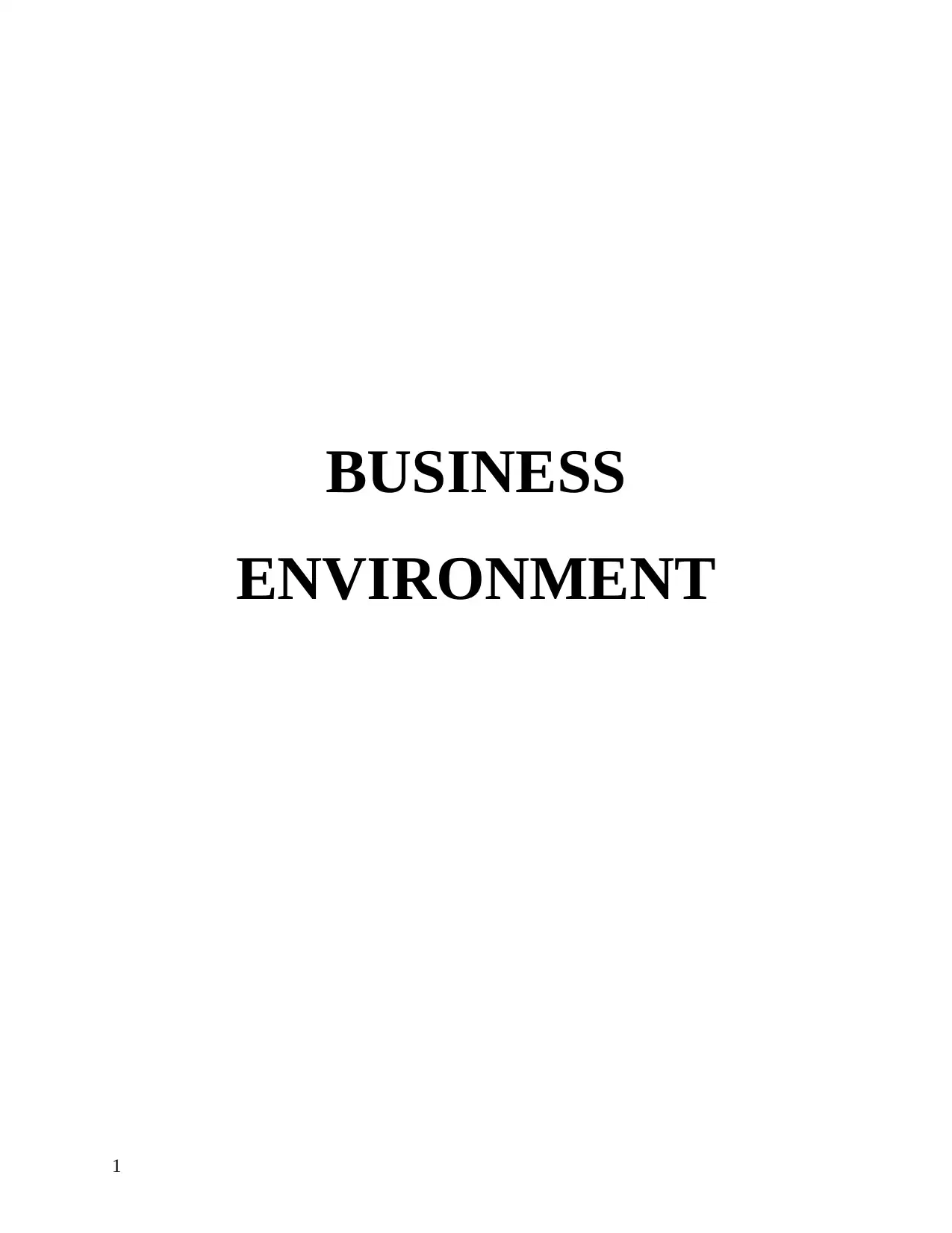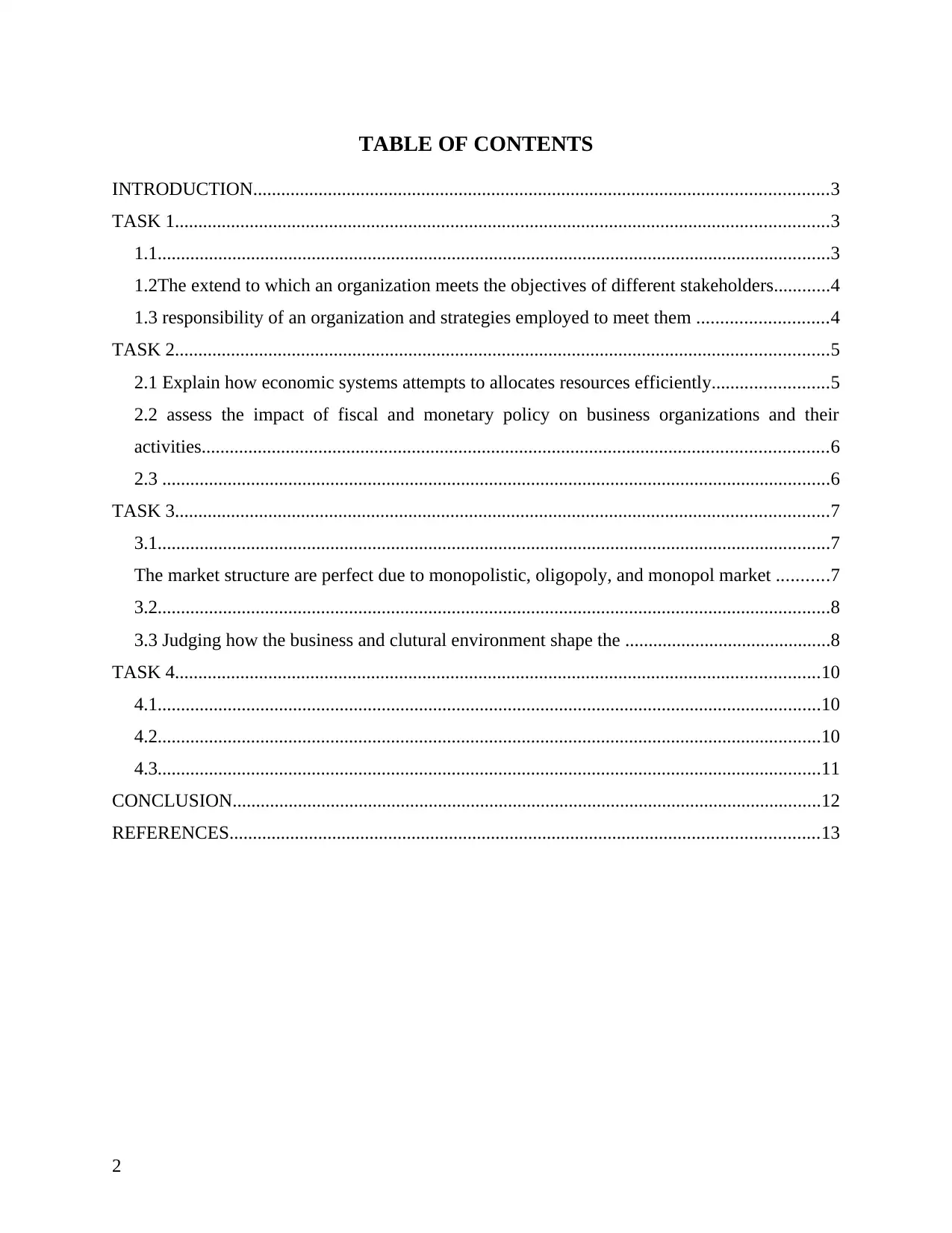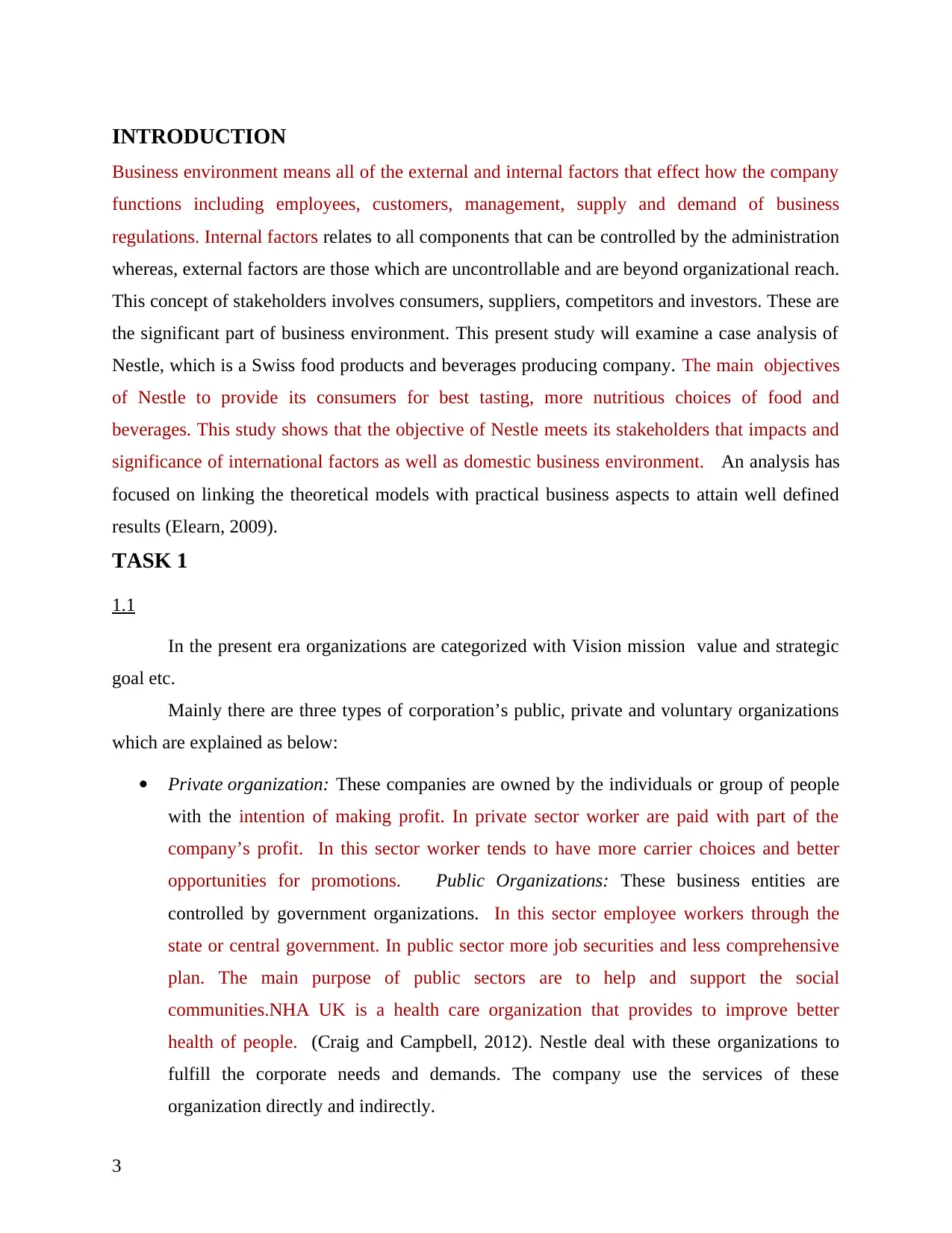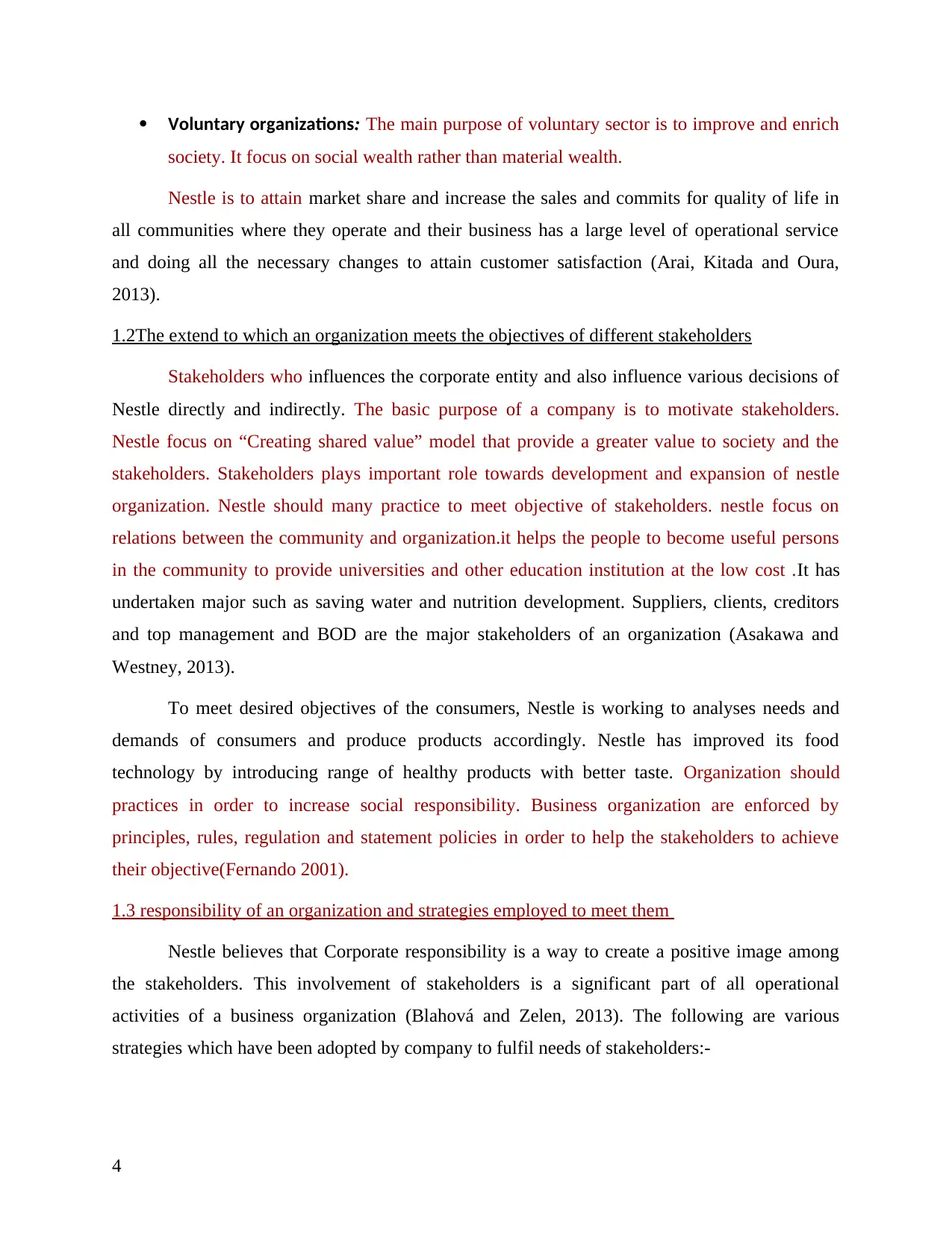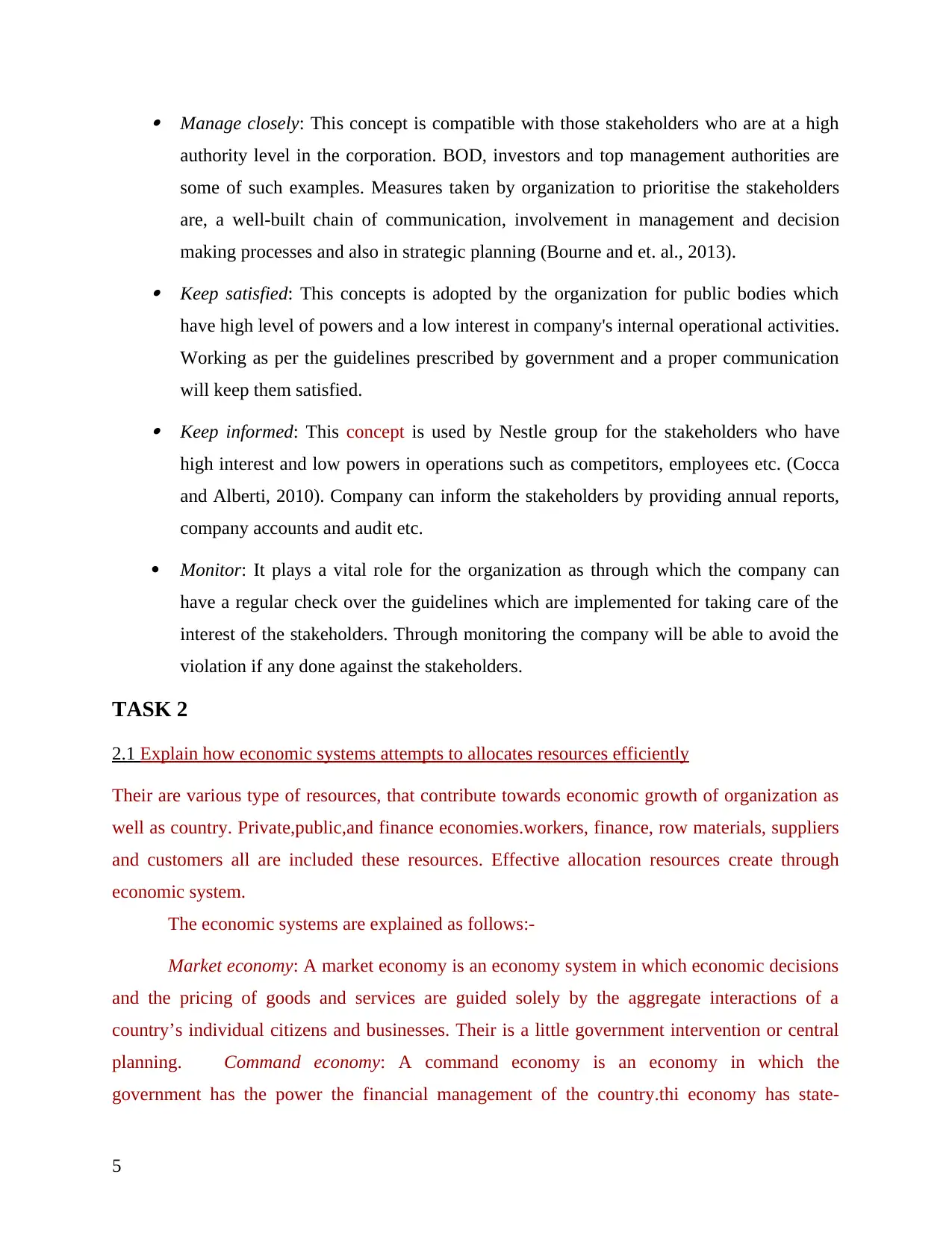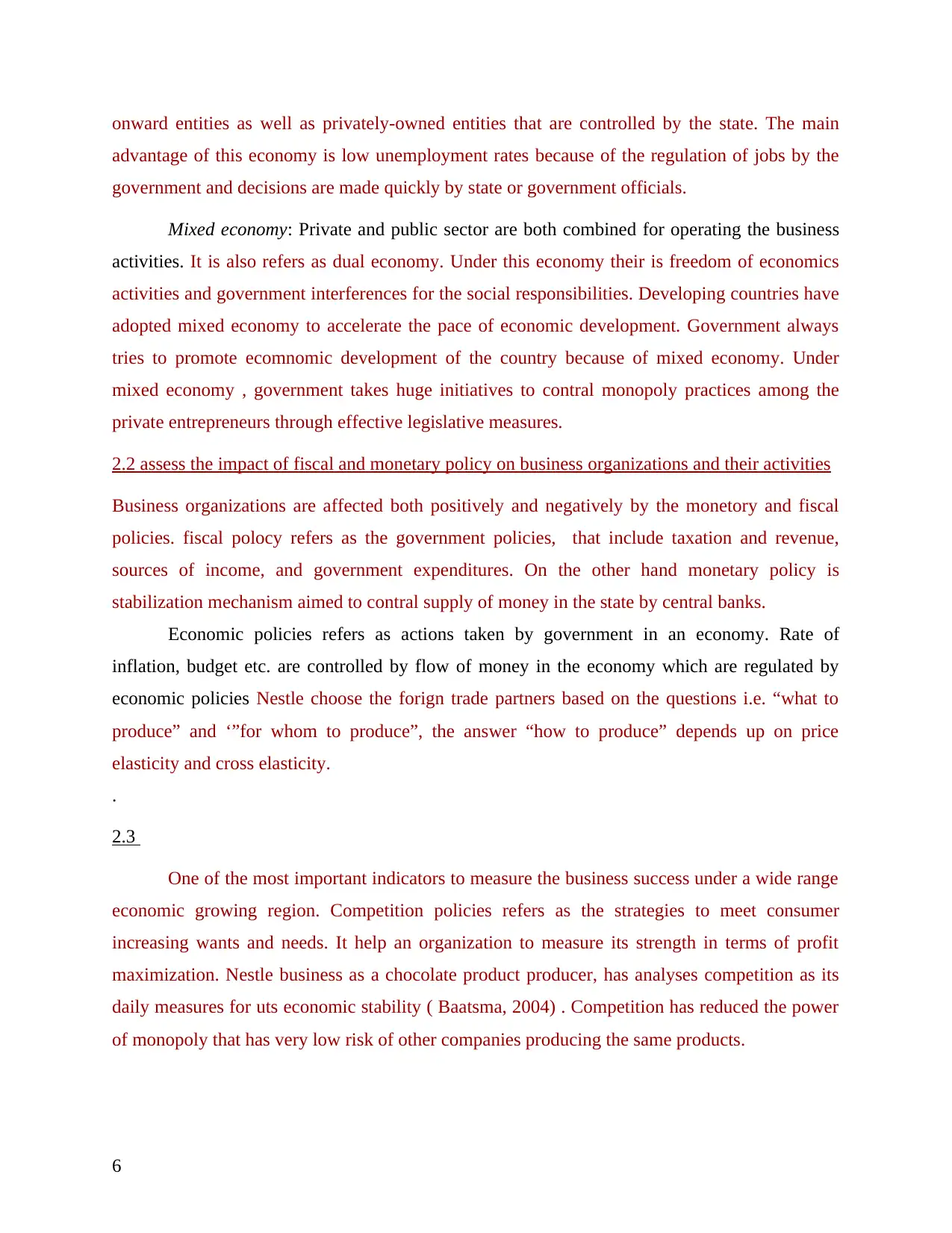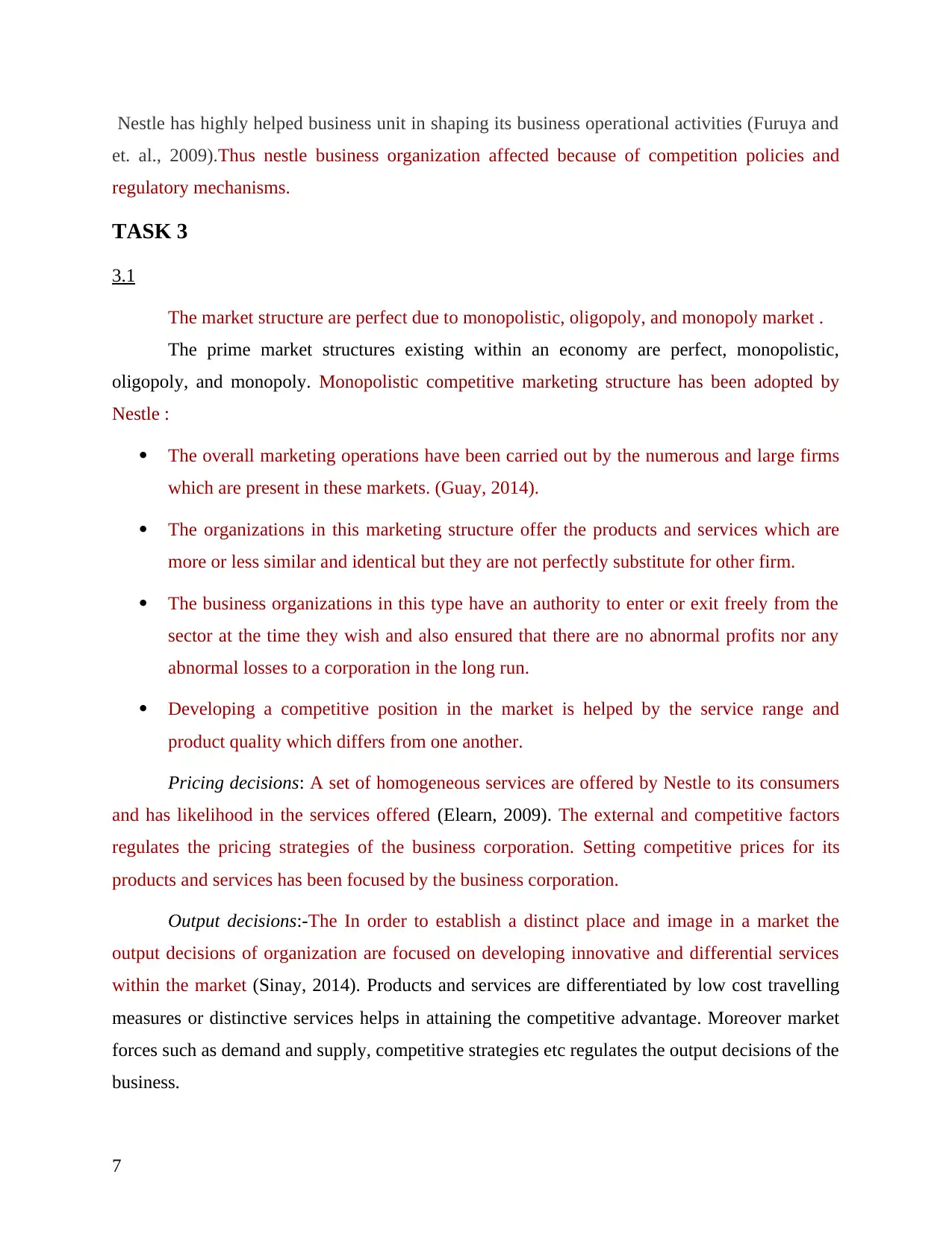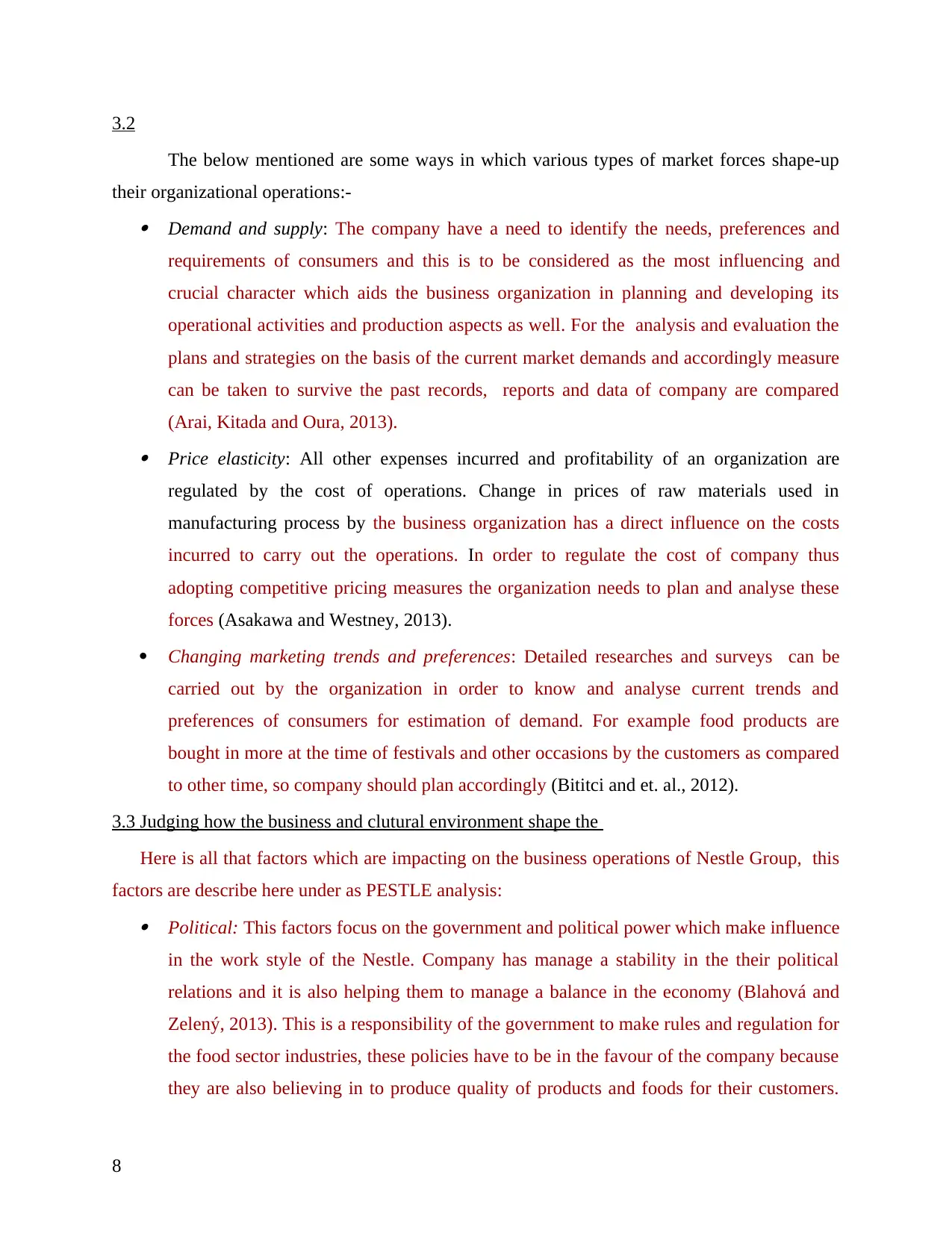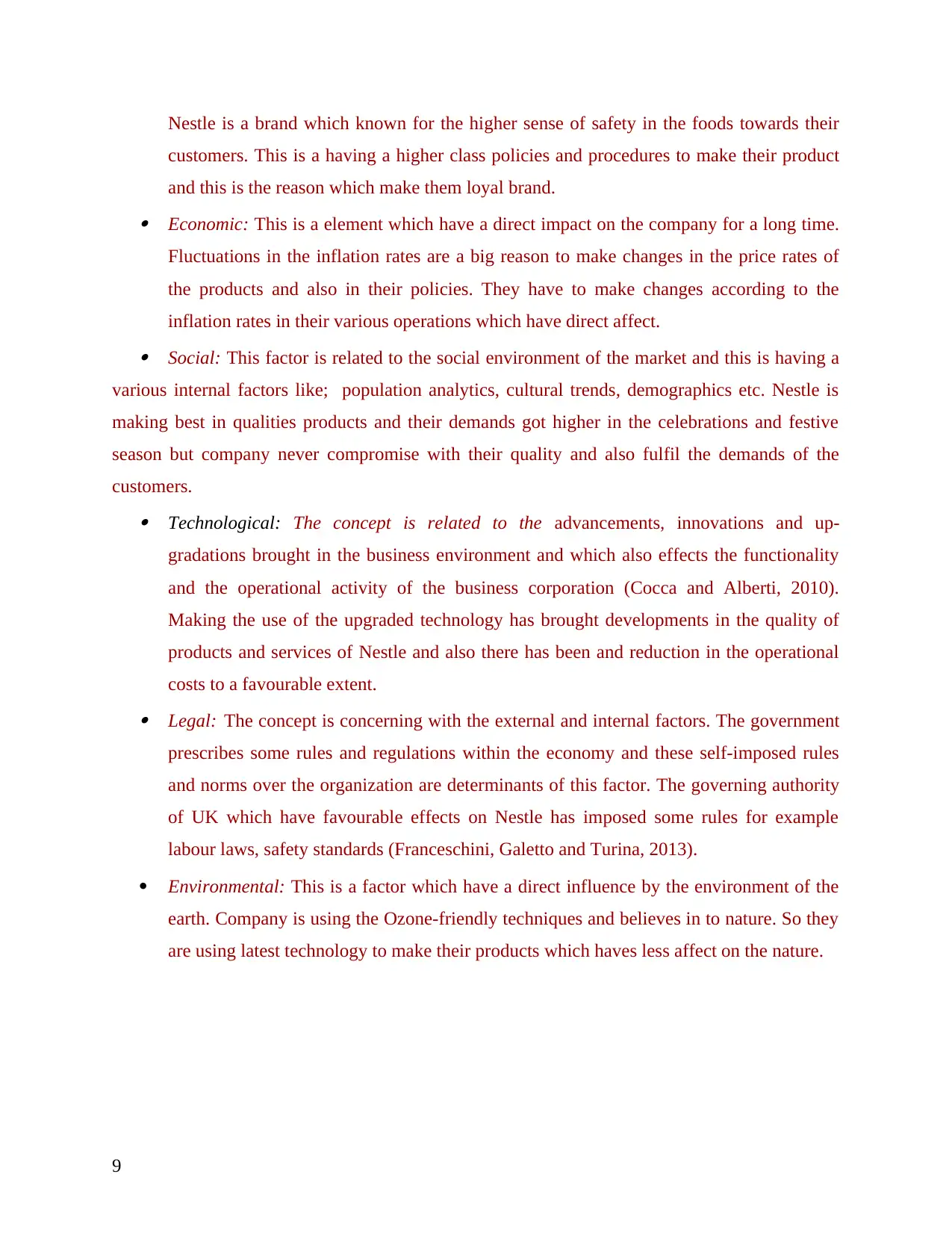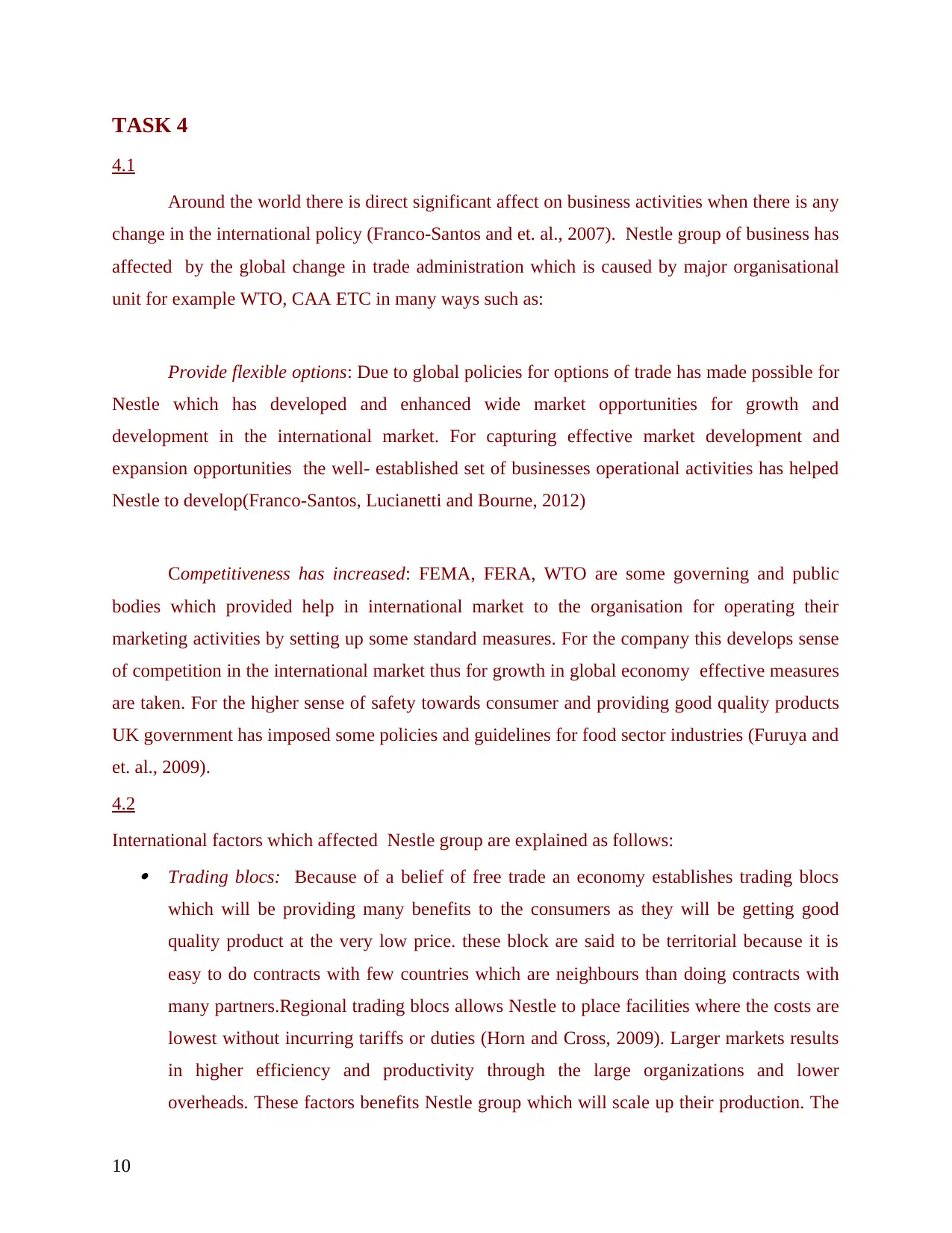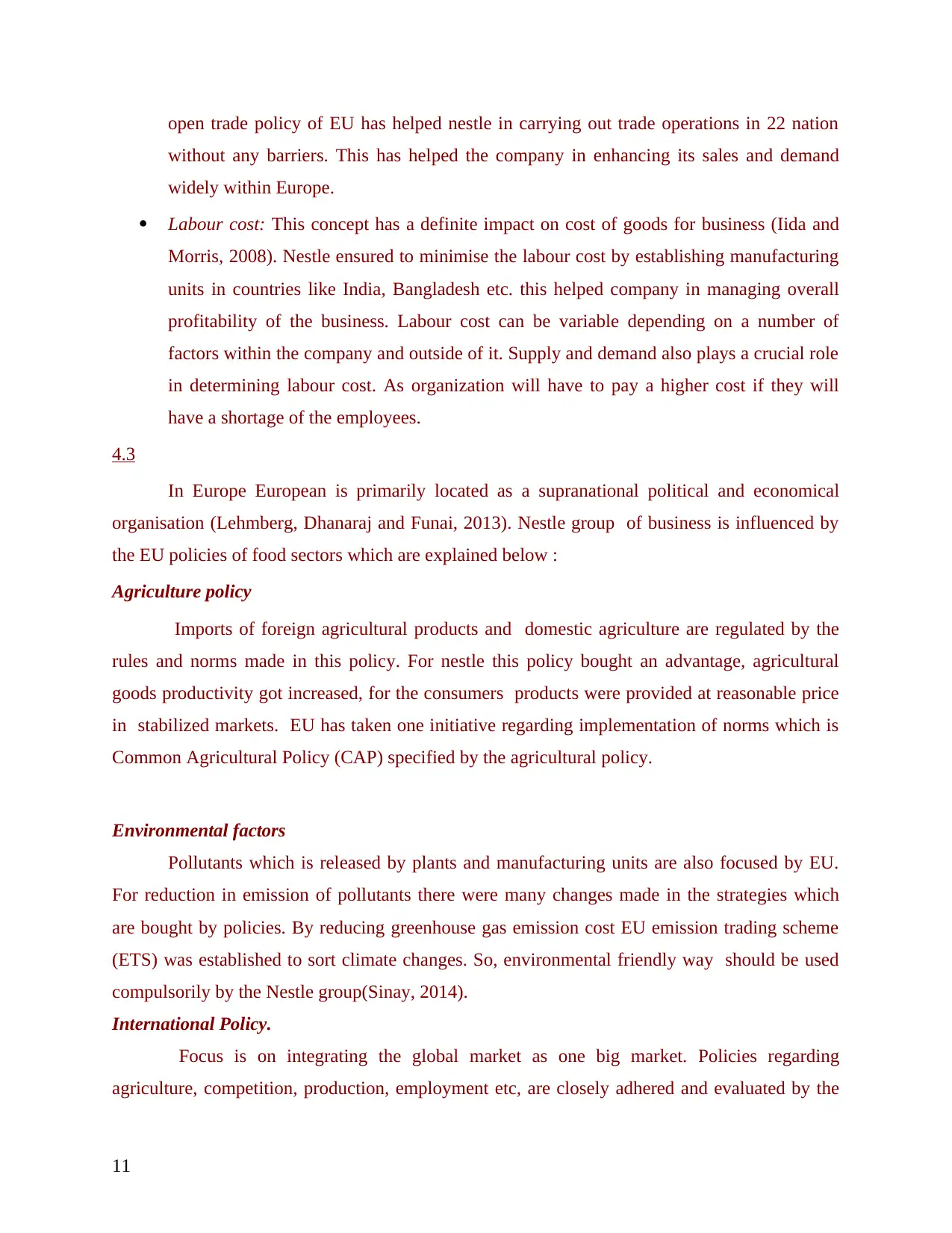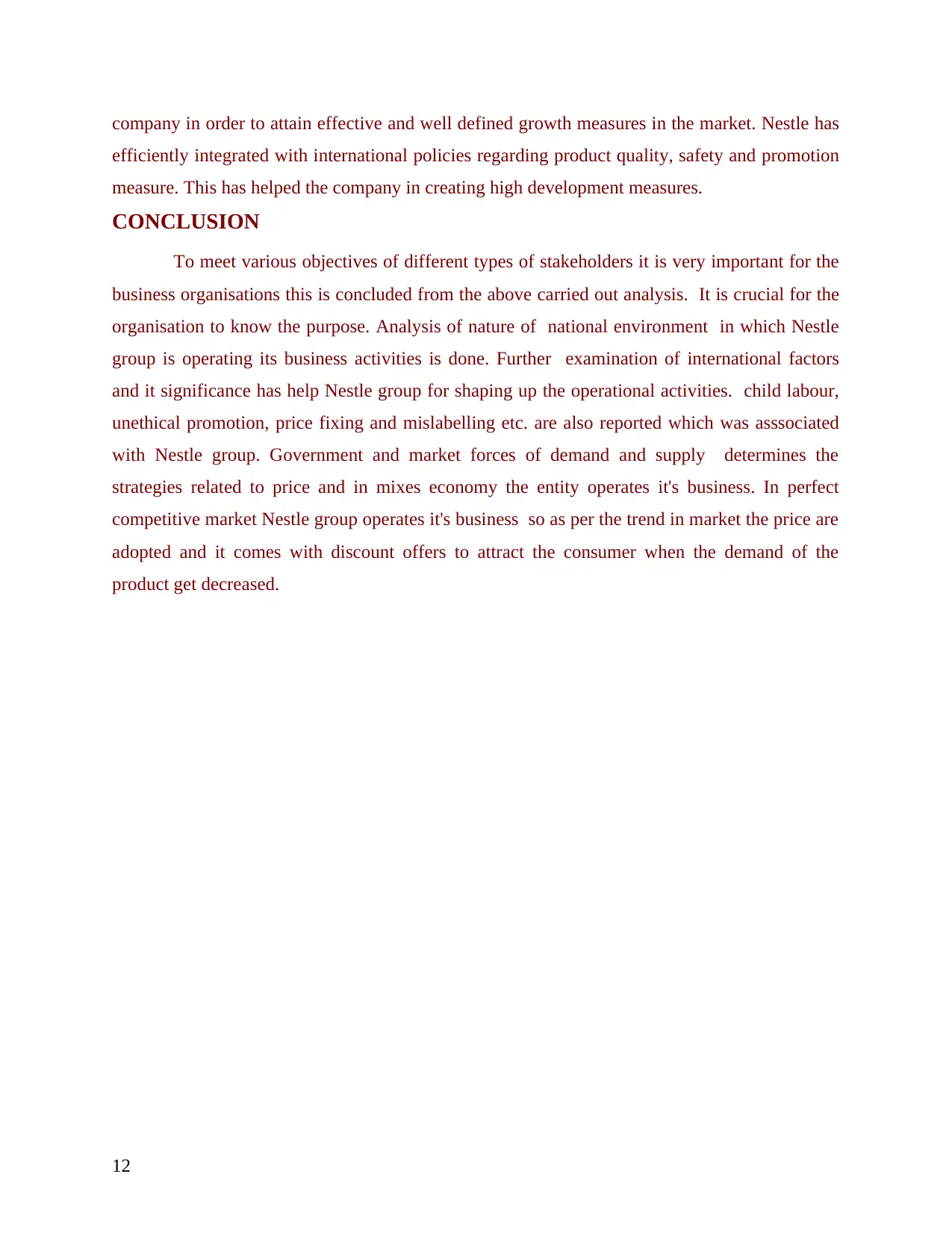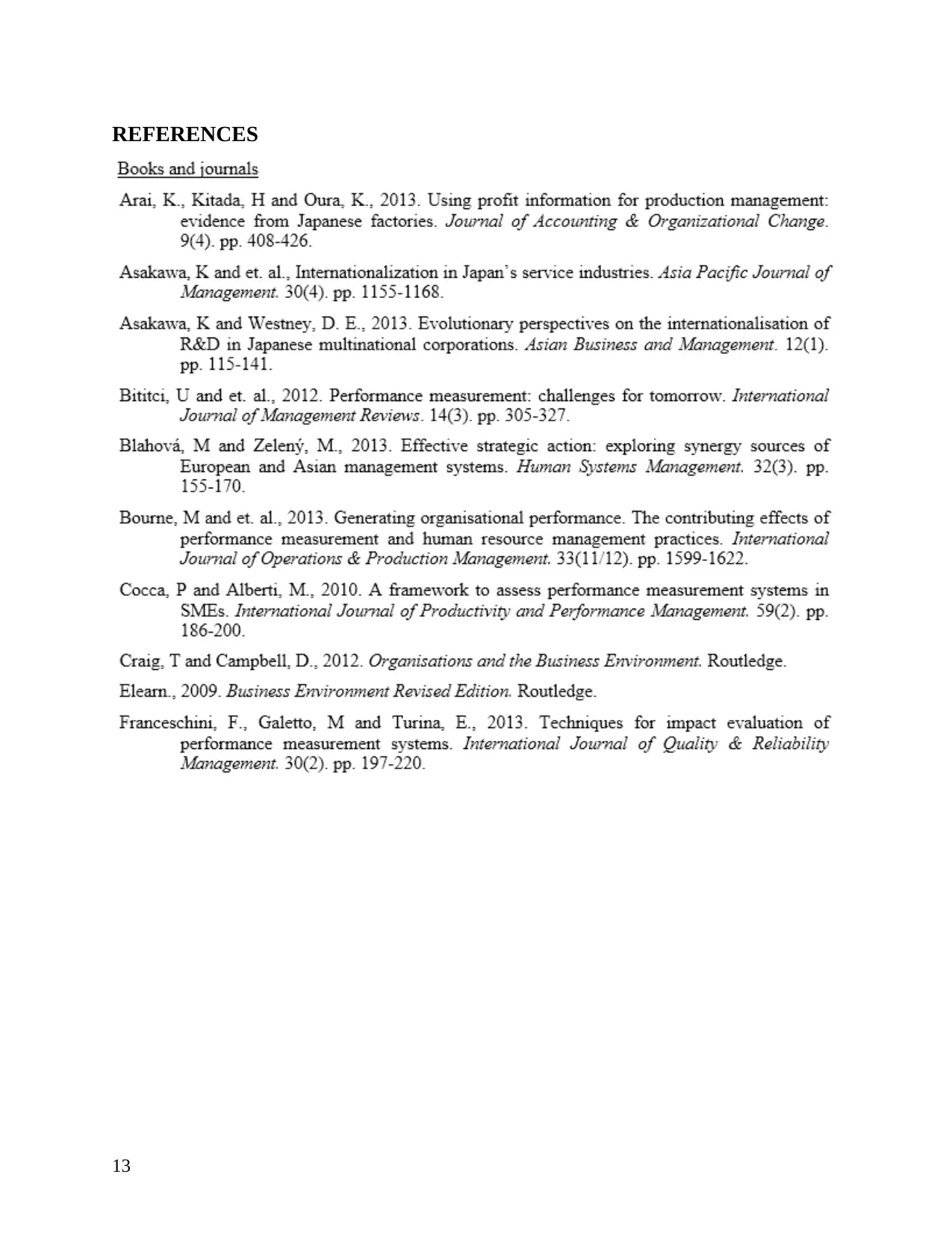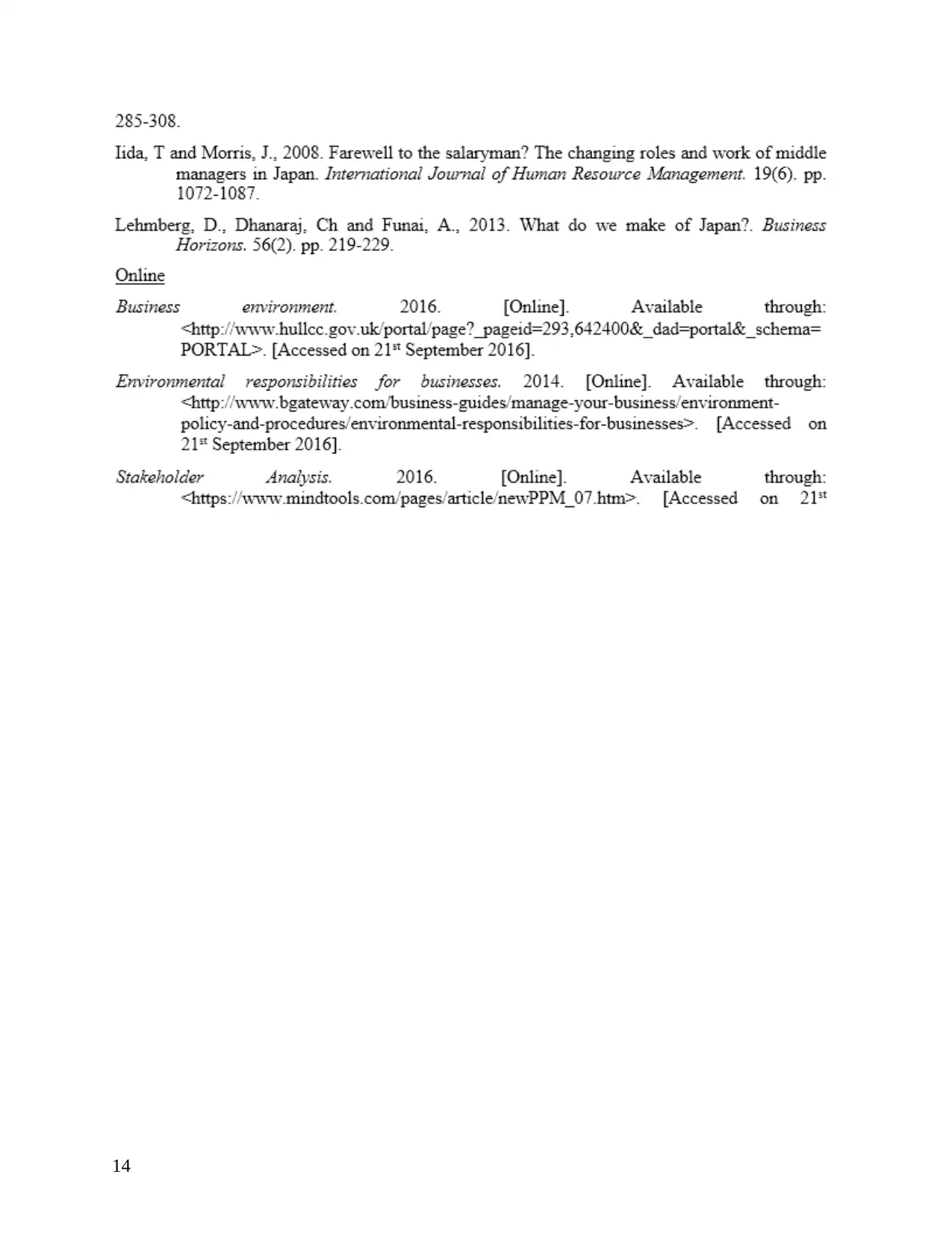Nestle group has been influenced by EU policies in various ways. Larger markets have led to higher efficiency and productivity, allowing the company to scale up its production. The open trade policy of EU has helped Nestle carry out trade operations across 22 nations without barriers, enhancing its sales and demand within Europe. Labour cost is another crucial factor that impacts the company's profitability, which Nestle minimized by setting up manufacturing units in countries like India and Bangladesh. EU policies also regulate imports and domestic agriculture, increasing agricultural goods productivity and providing products at reasonable prices to consumers. Additionally, environmental factors such as pollutants and greenhouse gas emissions are addressed through initiatives like the Emission Trading Scheme (ETS). International policy integration has helped Nestle create high development measures by adhering to product quality, safety, and promotion measures. Overall, it is crucial for businesses to understand their purpose and analyze the national environment and international factors that shape their operational activities.
![[object Object]](/_next/static/media/star-bottom.7253800d.svg)
![[object Object]](/_next/static/media/star-bottom.7253800d.svg)
